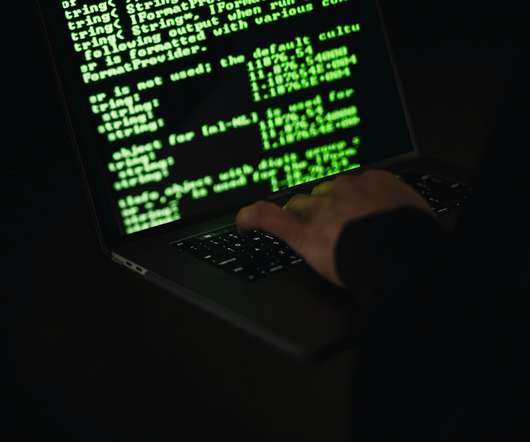How to Prevent Malware: 15 Best Practices for Malware Prevention
eSecurity Planet
OCTOBER 24, 2023
Malware attacks pose a significant risk to both individuals and businesses, infiltrating computer systems, compromising sensitive data and disrupting operations, leading to financial and data loss — and even extortion. Paranoia is a very good thing with web security in general. These scans can detect and eliminate hidden malware.













Let's personalize your content